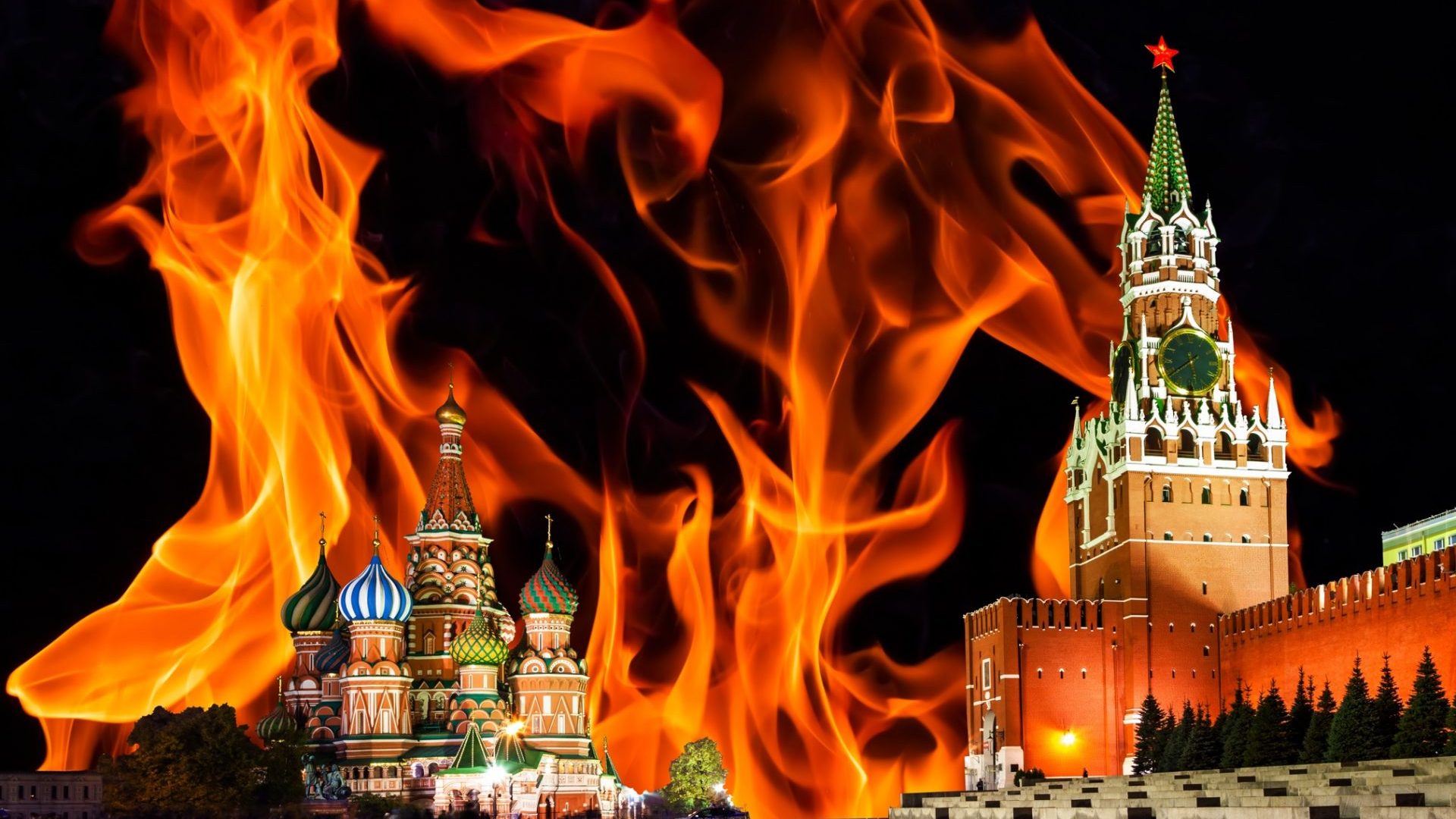The bewildering events of the past 72 hours, in which Russian mercenary leader Yevgeny Prigozhin began a mutiny, led his Wagner troops on a march to Moscow, and then appeared to change his mind, supposedly after a deal struck by Belarus president Alexander Lukashenko, are still hard to make sense of. Where is Prigozhin? Supposedly he has travelled to Belarus, but he has not been seen since the evening of 24 June when he was pictured leaving Rostov, smiling, perhaps a little ruefully. He was being waved off by cheering crowds, not a great sign for President Vladimir Putin who, in a nervy speech delivered on the morning of the same day, had declared him a “traitor” who would be punished.
Much has been written in the past couple of days about the improbable rise of Prigozhin from ex-convict, to hotdog seller to Kremlin caterer, to warlord leading Russia’s main military effort in Bakhmut. But perhaps not enough has been written about the bit in-between catering and the Donbas, when Prigozhin founded the Internet Research Agency, the ‘troll factory’ used by Russia to intervene in elections, including in the United States in 2016. Wagner group came into being initially as part of the Russian seizure of Crimea in 2014. But it quickly blossomed into a sprawling mercenary army, operating in Africa, the Middle East and Europe. It appears that Putin took an early liking to outsourcing services to Prigozhin, whether catering, online disinformation or military operations. By having an alternative to state institutions, Putin was adopting a ‘divide and rule’ approach.
After Russia’s full-scale invasion of Ukraine and the faltering performance of the regular Russian military, Wagner became a key element of Russia’s battle for Bakhmut, using expendable convicts in bloody trench warfare. As this unfolded, Prigozhinbecame increasingly critical of Russia’s military, particularly defence minister Sergei Shoigu and chief of staff Valery Gerasimov. Shoigu reacted on 10 June with an order that all Russian mercenaries would have to sign contracts with the Ministry of Defence, effectively bringing Wagner to an end as a separate entity.
Just as Prigozhin had flourished under Putin’s patronage, Shoigu would have needed the president’s agreement to the order to bring him to heel. So whilst the brief uprising may have been a threat to Moscow, it was also the last gesture of a desperate man who knew he had lost Putin’s favour and was seeing his business model collapsing. The surprise was the unwillingness of the Russian army to face him down. Wagner was able to take over the Russian military headquarters in Rostov embarrassingly quickly, which suggests that they had plenty of supporters and sympathisers from among the regular military. Wagner troops then advanced to Voronezh, seemingly largely unopposed. In Moscow, the national guard was deployed to defend the city. Had Prigozhin’s advance continued, it would have ended either in a bloodbath or a coup against Putin. Instead, by relying on the client-state president of Belarus to negotiate with the Wagner chief, Putin hasdrawn attention to his essential weakness.
At the hightpoint of the drama of Saturday evening there was speculation that Putin had already fled in his presidential plane. So the rapid turnaround – the climbdown of Prigozhinand the return of Wagner troops to their bases – could look like a victory. But for the Kremlin elite, the message is clear: you can launch an armed uprising, march on Moscow, and live to tell the tale. The loyalty of the military is not assured and the state’s monopoly of violence unclear. Having seen the Russian army fail in Ukraine, Russians now see their army fail to secure their own territory. Russians generally support the war and in this context, Prigozhin and Wagner are popular, seen as projecting Russian strength. Nonetheless, Prigozhin’s life expectancy now looks limited, although he did appear to be alive on 26 June, issuing an audio message justifying his actions as a protest against Russian military leadership. Putin looks fatally weakened. The mutiny, and Prigozhin getting away with it, may have broken a taboo: the leader can be challenged. Perhaps to try to regain control of the narrative, Putin gave another speech on Monday night, claiming that the organisers of the mutiny “will be brought to justice” and emphasising that “the highest consolidation of society, executive and legislative power was shown at all levels”.
So what will happen next? There are rumours that the Russians may try another spectacular act of sabotage to regain the initiative on the battlefield, just as they destroyed the Khakovka dam. Is there now a threat to the Zaporizhzhianuclear plant? Ukrainian military intelligence chief Kyrylo Budanov believes such an attack may be imminent. And in Moscow, there is no evidence of a pragmatic, firm-but-fair Russian leader ready to take the reins of power from Putin. Of those often cited as possible successors, one, Prigozhin, can now almost certainly be ruled out. Of the others, it’s a scary range of options: National Security Council boss Nikolai Patrushev is probably even more hardline in his anti-western views than Putin himself; former president Dmitry Medvedev, once seen as a relative liberal, is now calling for nuclear war with alarming regularity.
But should we be worrying about the stability of the Russian state itself? With China and India still buying its energy exports, its economic fundamentals are more solid than they were in the chaotic years of the 1990. But in spite of his defiant words on Monday night, the Putin era appears to have hollowed out state institutions: the army struggles to function; the FSB fatally misread the Ukrainians willingness to stand and fight, corruption is rampant. I believe the West’s priority should remain supporting Ukraine to defeat Russia in the field. But we may also need to protect ourselves from an increased risk of civil war inside Russia.










